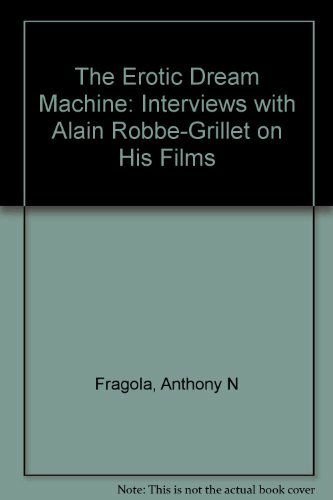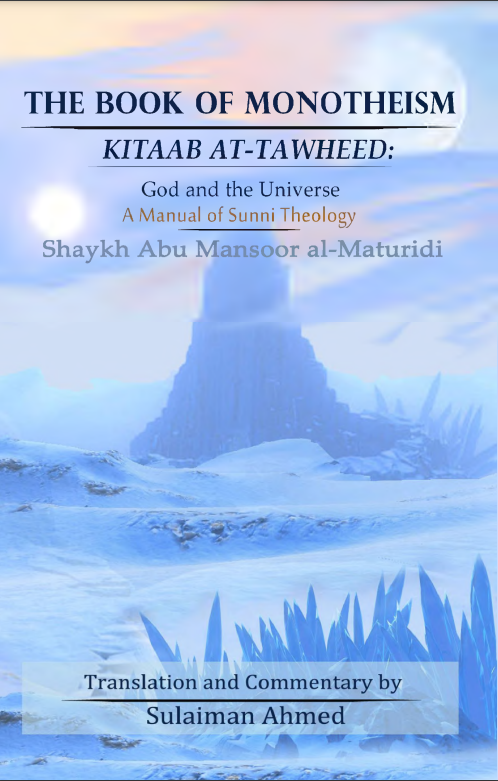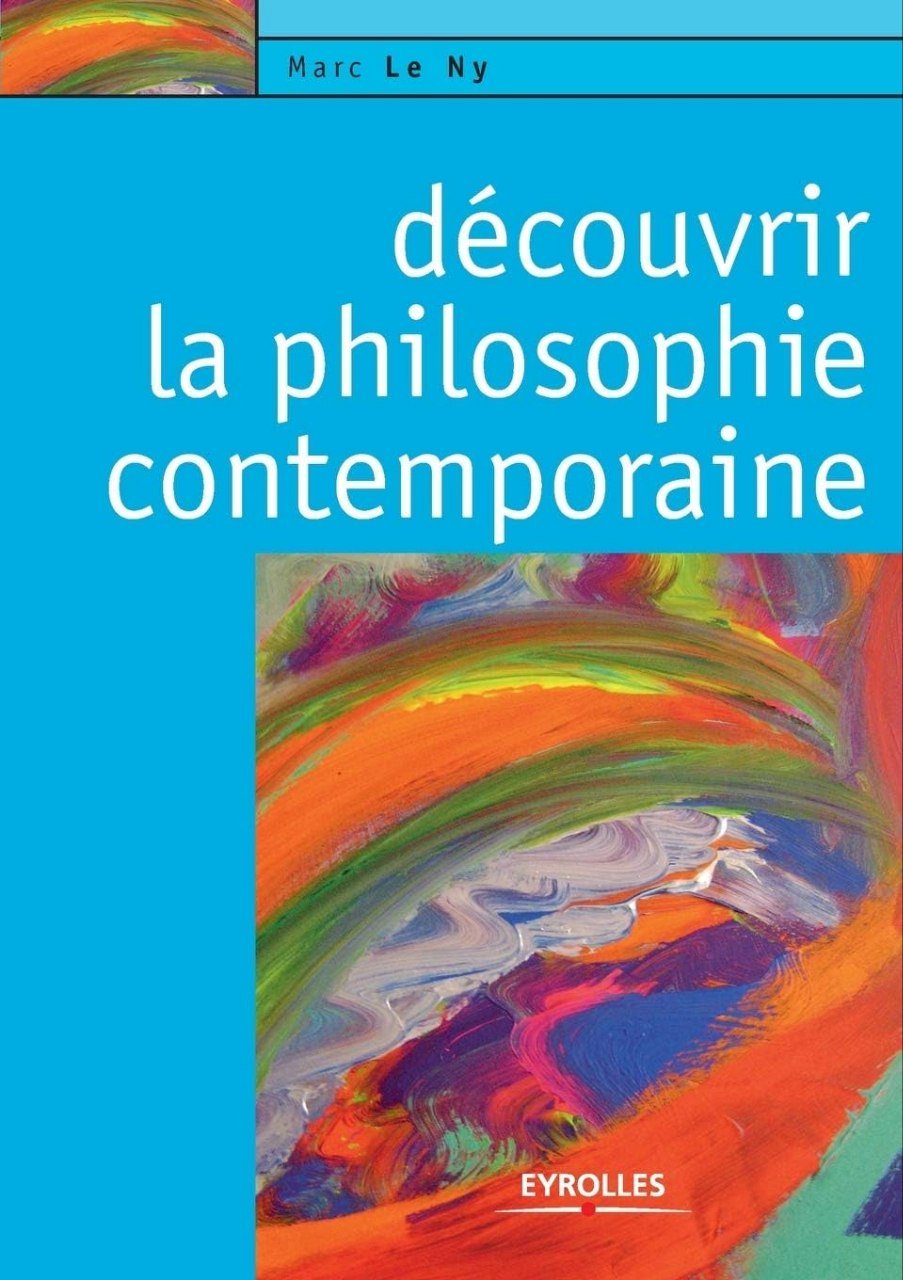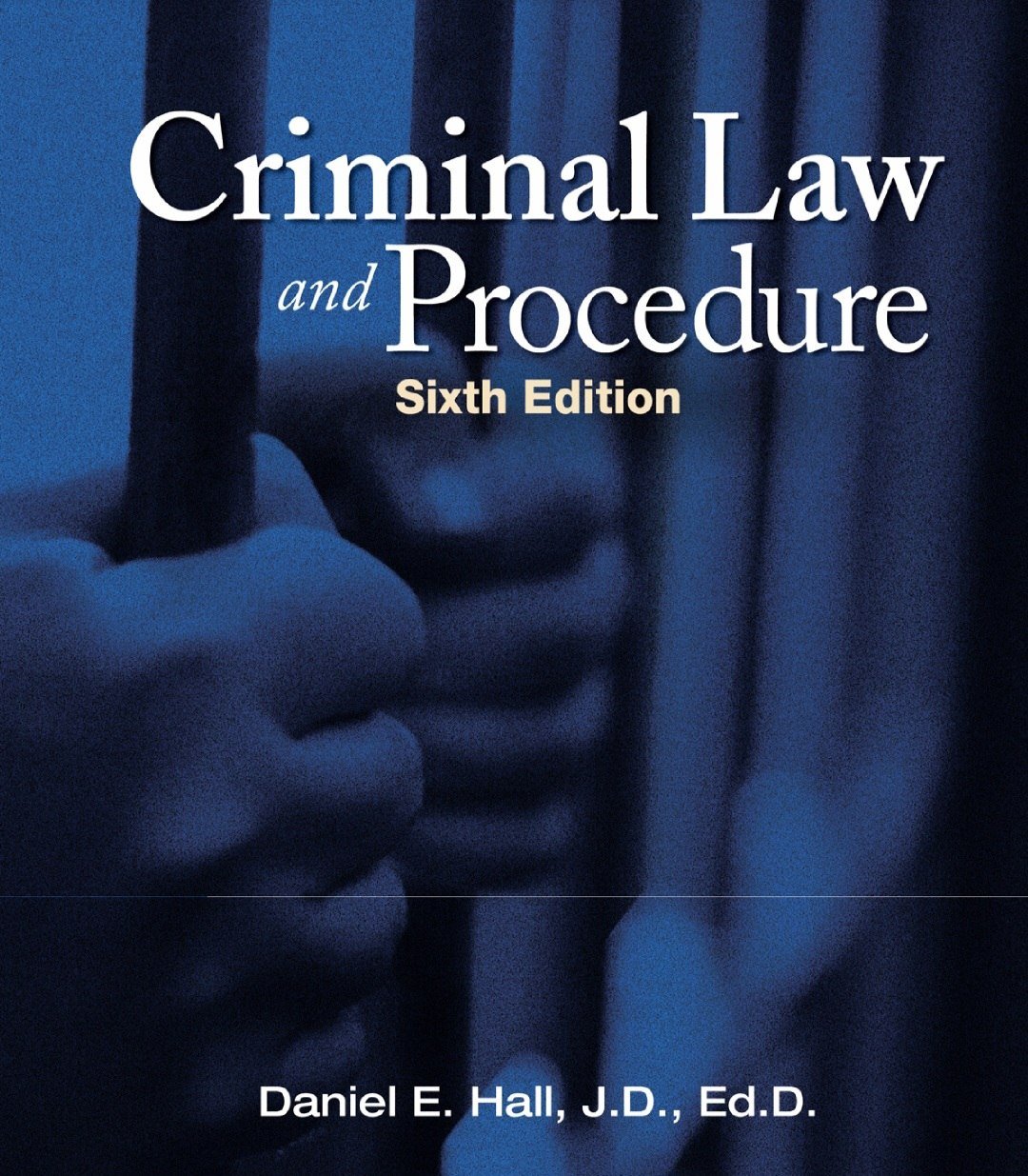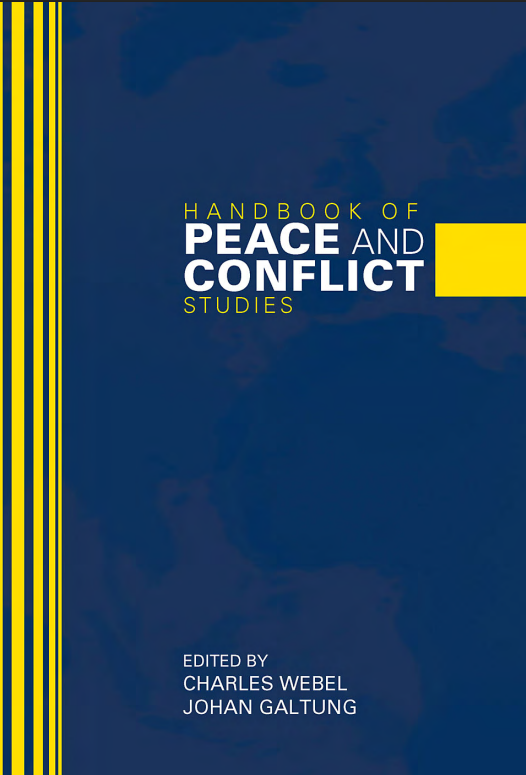

The Riddle of Hume's Treatise: Skepticism, Naturalism, and Irreligion
Reviews
No review yet. Be the first to review this book!
Description
The Riddle of Hume's Treatise: Skepticism, Naturalism, and Irreligion by Paul Russell offers a comprehensive examination of the philosophical tensions within David Hume’s A Treatise of Human Nature. Russell explores the apparent contradiction between Hume’s deep skepticism and his commitment to naturalism, arguing that this paradox can be resolved by recognizing the central role of Hume’s irreligious motives. He contends that Hume’s work should be understood within the broader context of the Radical Enlightenment, alongside thinkers like Hobbes, Spinoza, and Bayle, who sought to challenge religious orthodoxy and promote a secular understanding of human nature. Russell argues that Hume’s skepticism is not merely an intellectual exercise but a strategic tool aimed at undermining theological and metaphysical assumptions. By revealing the underlying coherence of Hume’s philosophical project, the book provides a fresh interpretation that integrates Hume’s epistemology, ethics, and philosophy of religion into a unified framework. Through careful analysis, Russell demonstrates how Hume’s philosophy was not only a critique of dogmatic rationalism but also a calculated effort to reshape the foundations of human knowledge by separating it from religious influence. This study ultimately presents Hume as a thinker whose philosophical ambitions were deeply intertwined with his irreligious commitments, offering a compelling reinterpretation of one of the most influential works in Western philosophy.




























.jpg)
.jpeg)
.jpg)



.jpg)



.jpg)




.png)


.jpeg)




.jpg)




.jpeg)





.jpeg)







.jpg)
.jpeg)










.jpg)


.jpg)





